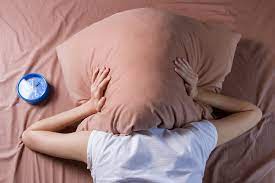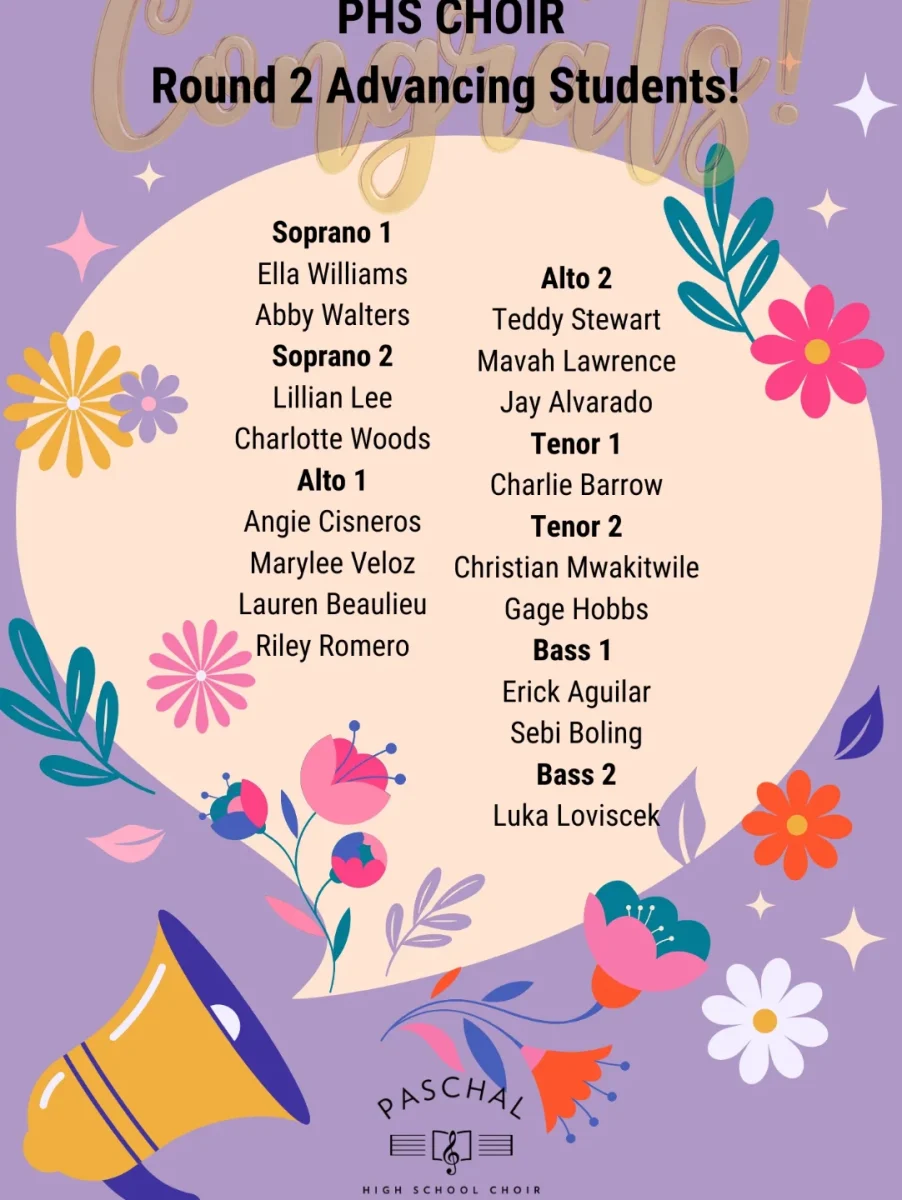The Impact a Lack of Sleep has on Teens Mental Health

A lack of sleep can have large impact on the mental health of students of all ages.
October 12, 2022
Feeling a little stressed, anxious, or maybe even depressed? It may have something to do with this year’s earlier school start time, according to sleep experts.
Teenagers with school starting times before 8:30 a.m. may be at particular risk of experiencing depression and anxiety due to compromised sleep quality, according to a study conducted by the University of Rochester Medical Center. While there are other variables that need to be explored, experts generally agree that earlier school start times seem to put more pressure on the sleep process and increase mental health symptoms, while later school start times appear to be a strong protective factor for teens.
The number of hours children need to sleep depends on their age. According to the National Sleep Foundation1, children ages 6–13 need between 9 and 11 hours of sleep at night. Teenagers ages 14–17 need 8–10 hours each night. However, studies have demonstrated that most American adolescents are not getting enough sleep. https://www.cdc.gov/mmwr/volumes/67/wr/mm6703a1.htm?s_cid=mm6703a1_w.
Nearly 60% of middle schoolers do not get enough sleep on school nights. For high schoolers, that number is over 70%. Late bedtimes and early school start times are contributing factors to a lack of adolescent sleep. A lack of sleep impacts overall student health, well-being, and academic success, and it can even have long-term health consequences.
Both the American Academy of Sleep Medicine and the American Academy of Pediatrics recommend that middle and high schools begin no earlier than 8:30 a.m. Both organizations want to ensure students get adequate sleep so that they are alert and prepared to learn at school.
Biology plays a large factor in the sleep cycles of children and adolescents.
Around the beginning of puberty, most adolescents experience later sleep onset and wake times, also called “phase delay”. This phase delay can shift the body’s internal clock back by up to two hours. As a result, the average teenager cannot fall asleep until 11:00 p.m. and would do best waking up at 8:00 a.m. or even later. A later school start time helps accommodate this biological need.
Overall care for sleep hygiene, such as having a good night’s sleep and following back-to-school sleep tips, can also help adolescents regulate their sleep. American middle and high school students often take on various extracurricular activities — such as sports, clubs, and jobs — which often extend into the evening hours.
High school students also have more homework, late-night technology use, and fewer parent-set bedtimes, all of which may cause students to stay up later than is appropriate for getting adequate sleep.” Studies consistently show that teens who start school later are more well rested, less likely to be involved in motor vehicle crashes and report better quality of life,” said Dr. Heidi V. Connolly, MD. URMC’s Professor of Pediatrics and Chief of Division of Pediatric Sleep Medicine.
“The important part to understand is that by delaying high school start times by, for example, 30 minutes actually results in teens sleeping MORE than an additional 30 minutes because it brings their sleep times into better alignment with their circadian rhythm,” Connolly said. Studies show that extra sleep for teenagers actually helps shield them against depression and anxiety, she continued.
The study from 2017 explains that teenagers with school starting at 8:30 a.m. or later had better mental health than their earlier-starting counterparts. Conventional wisdom says it’s because they’re getting more sleep, but that’s not necessarily true according to the CDC study. Even students who are already getting enough sleep (between 8 and 10 hours), were mentally healthier with later start times. That’s not to say good “sleep hygiene” can’t help.
For teenagers, experts say, healthy sleep means dialing back on the caffeine (especially after 6 p.m.), turning off electronics before bedtime, keeping a consistent sleep schedule, and getting between 8 and 10 hours of sleep. Across the board, with early or late school starts, the teens who met those guidelines were less likely to suffer from depression and anxiety.

















